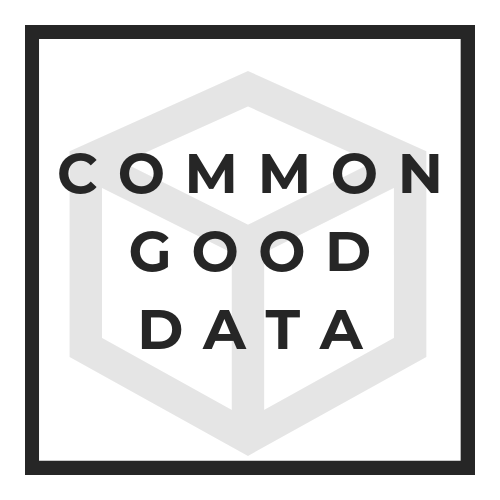Ep 27: Community Organizing from the ground up - Redemption Song - with Fred Brooks
“How are we going to win what we want to win?” We’re joined by Fred Brooks of Georgia State School of Social Work this month to talk community organizing. We discuss foundational principles in organizing, including the value that people most affected by an issue should be the agents of social change. Fred shared some strategies in canvassing and campaigning using examples from the field - both while working with ACORN as well as examples from recent labor organizing efforts involving teachers, child care workers, and more. We also talk social change music from Bruce Springsteen to the great Bob Marley, and conclude with a Pearl Jam cover of Neil Young’s “Rockin’ in the Free World”.
So that we can play the music of the 80s/90s right in the episode, we are releasing our podcast on Spotify. Get Spotify Premium to listen along with the music mid-episode.
Key Takeaways
A key principle in community organizing is the idea that people most affected by an issue should be the agents of change to fight oppressive policies. Organizers should never do “for” communities what communities can do for themselves.
The role of organizers is to help bring people together and allow people to be leaders and agents of change. In this work, listening is more important than talking.
Grassroots members should always be involved at every step of any campaign or action.
Community organizing cannot be done over the internet alone, it’s best done face-to-face. Social media can complement organizing efforts, but it cannot replace the trust, reciprocity, and rapport that occurs when working with individuals and communities through direct, face-to-face interactions.
Organizing is all about building relationships. Taking action to build those relationships, including through actions like door-to-door canvasing and voter registration can be very rewarding.
A common critique of nonprofits is that they are often stacked with professionals and don’t include the members most affected by the issue on their boards and in their leadership. Nonprofit leaders need to consider how to include those most affected by their area of concern in the decision-making processes of their organization.
Resources and Links
Brooks, F., & Gutwirth, A. (2021). Worker Justice Campaigns. In Encyclopedia of Social Work. Chicago.
Brooks, F. P. (2005). New turf for organizing: Family child care providers. Labor Studies Journal, 29(4), 45-64.
McAlevey, J. (2016). No shortcuts: Organizing for power in the new gilded age. Oxford University Press.
Blanc, E. (2019). Red state revolt: The teachers' strike wave and working-class politics. Verso Books.
Our Guest
Fred Brooks is an Associate Professor in the School of Social Work at the Andrew Young School of Policy Studies at Georgia State University. He started his community organizing career managing canvass programs for the community organization ACORN. After obtaining his MSW at Tulane University in New Orleans, he was a Correctional Clinical Social Worker at the Louisiana State Penitentiary at Angola, Louisiana. He has been at GSU for the past 22 years teaching a variety of community practice courses to graduate students. His research focuses on poverty issues in general with specific interests in various movements, organizations and interventions designed to decrease poverty and inequality and empower people.

